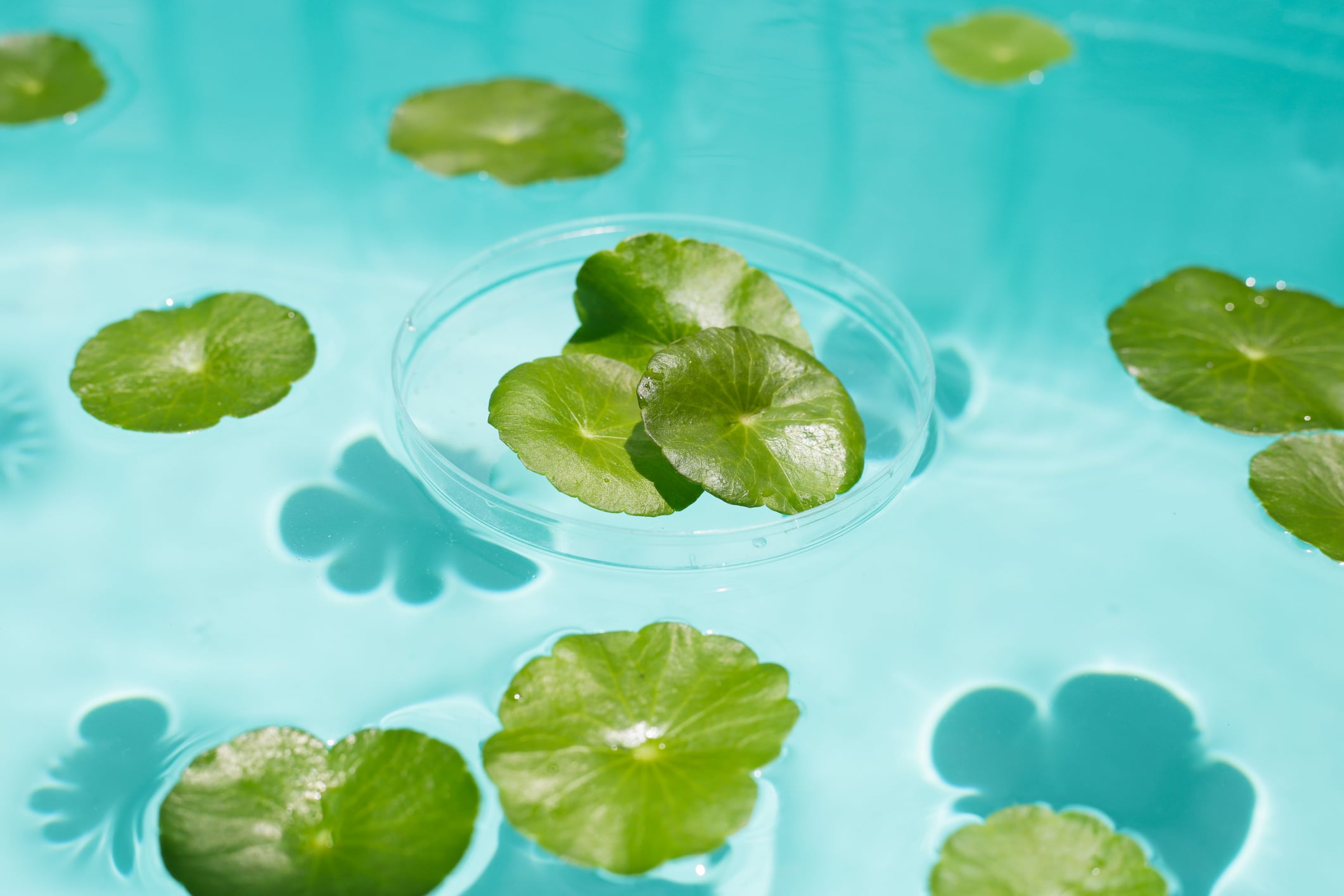After the introduction of its cultured meat brand Forged, Vow has been working on new applications of cell culture technology, extending its platform to develop functional ingredients for the beauty, health, and pet nutrition industries.
According to the company, the expansion into functional beauty is a “natural evolution”, leveraging its expertise in cell biology and large-scale biomanufacturing to unlock cultured exosome technology for the next era of skin health.
The firm has started a new brand called membrane[actives], with its first ingredient named as exo[membrane].
The exosome is made using Vow’s 20,000-litre bioreactor system under food-grade, serum-free conditions to ensure each ingredient is standardised, traceable, and effective.
Traditionally, the cosmetics industry has faced a trade-off: plant- and human-derived exosomes either lacked potency or posed ethical and scalability challenges.
“Vow’s cultured exosomes combine the efficacy of human sources with the safety and consistency of biotechnology, unlocking a new standard of clinical performance.
“In the same way cultured meat redefined how we make protein, membrane[actives] redefines how we make cosmetic ingredients — free from the limitations of extraction, variability, or scarcity.
“Exosomes, long considered the ‘gold standard’ for cellular communication and repair, can now be produced ethically, safely, and at scale. For an industry driven by efficacy and innovation, our entry signals a major development in cosmetics innovation. We’re introducing a new class of science-based actives that speak the same language as the skin,” said the brand’s General Manager, Jasper Veen.
Not botanical but biological
Unlike single-molecule actives, exosomes act as a delivery and communication mechanism that transports peptides and proteins deep into the skin to trigger natural repair and renewal.
Through Vow’s cell culturing technology, exo[membrane] is made by living cells to communicate with human cells, delivering messages of regeneration at a biological level.
Early trials showed measurable improvement in how the exosome helps skin regenerate, repair, and age.
Based on a dermatologist-led study involving eight male and female participants aged 30 to 40 years, who used a single 5ml application of exo[membrane] after microneedling, it was found that redness reduced by 34% and wrinkle width by 20% within seven days.
In addition to the in vivo results, Vow has taken a thorough approach to early ingredient validation by conducting detailed composition and in-vitro efficacy studies, including NTA, proteomics, RNA sequencing, transcriptomics, and mass spectrometry.
Now used in professional treatments and product formulations, the ingredient is claimed to have received strong endorsements from experts across the aesthetic and beauty sector.
Beyond exo[membrane], the company is developing a pipeline of cultured actives targeting hydration, elasticity, and barrier support — each designed to produce visible results and industrial-scale consistency.
“Cell culture allows us to produce bioactives that are potent, predictable, and ethical at a scale the industry has never seen. The future of skin care is cellular,” Veen reiterated.
The brand and ingredient are set to officially debut at in-cosmetics Asia in Bangkok this November, where Vow will be presenting clinical data, and seeking partnership opportunities with distributors and brands.


![Vow - membrane[actives]](https://www.cosmeticsdesign-asia.com/resizer/v2/FGOEKQKPJRE3NO3KUWQOCDB34U.jpg?auth=f77b9a6c40757c314045d19dbfd81233aaeae2c2c6d9833e47bc382d155ac036&smart=true)


